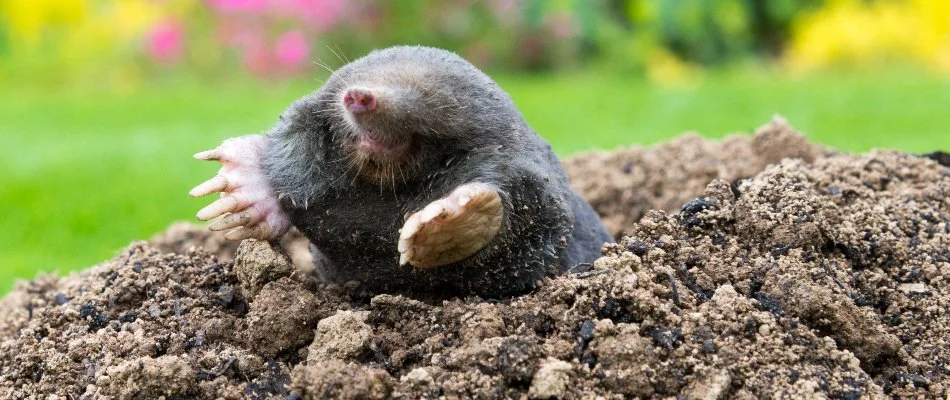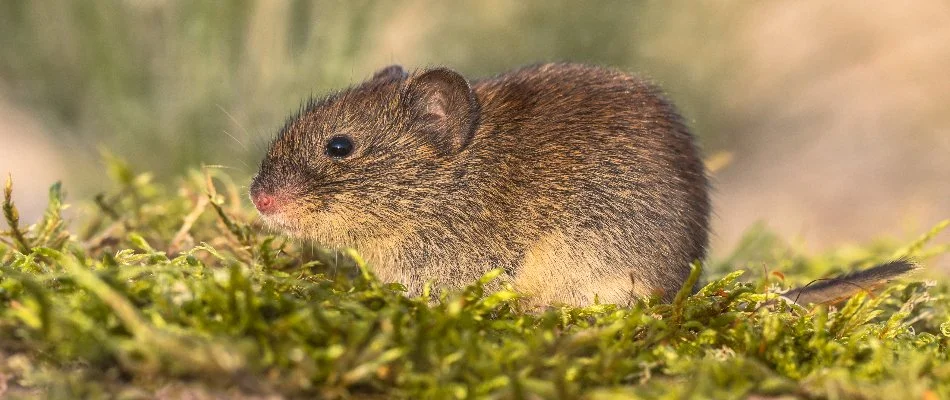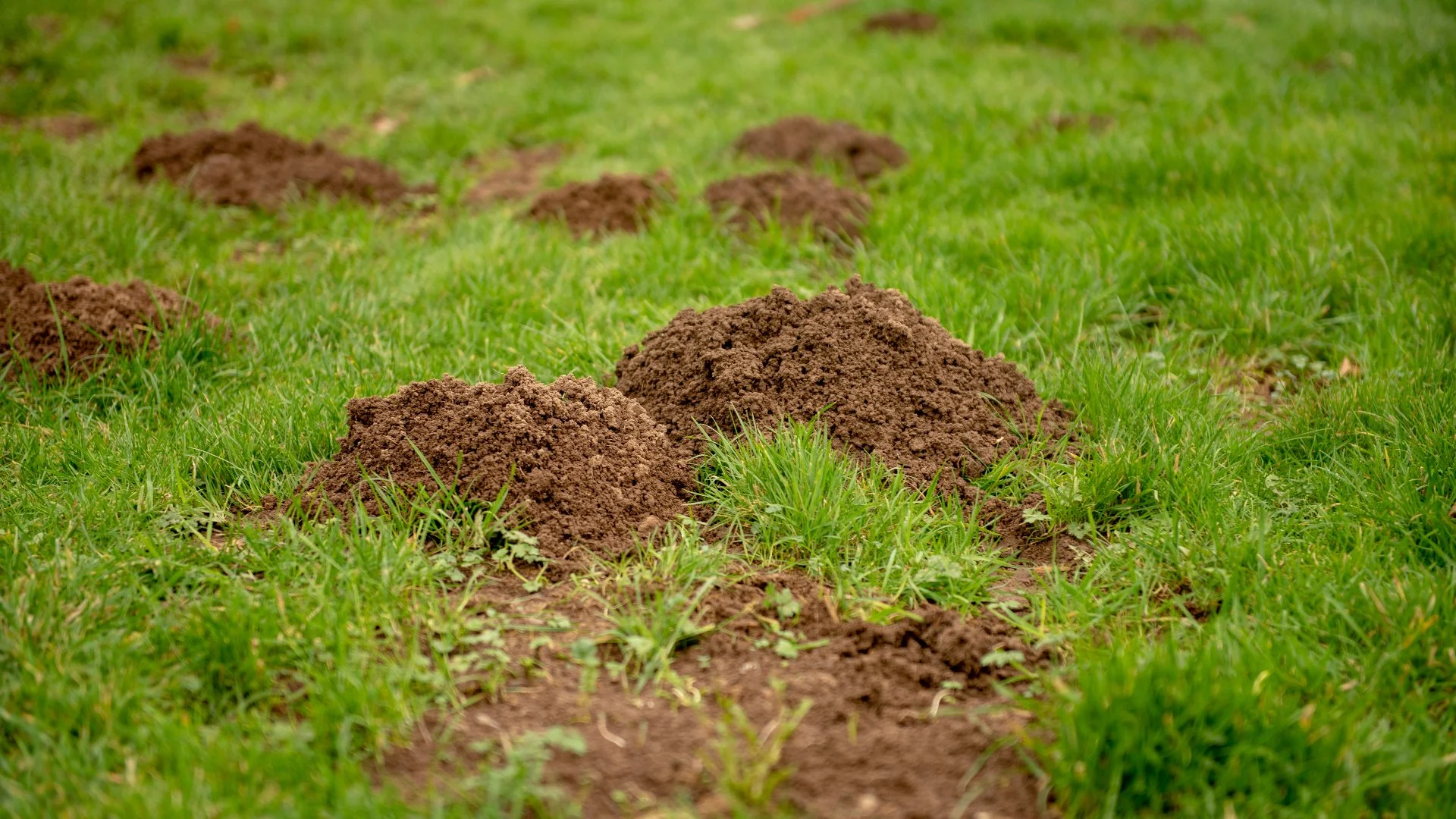When it comes to maintaining a healthy and beautiful lawn, there are many challenges to overcome, including pests. Two common culprits that can wreak havoc on your lawn in Maryland are moles and voles. While they may sound similar, they have different habits and cause different types of damage. Moles are burrowing animals with tiny eyes and velvety fur that tunnel through your lawn to find food, like earthworms and grubs. The extensive tunnels and molehills they create disrupt the root system of your grass.
Meanwhile, voles are mouse-like rodents that create shallow burrows across your yard to look for food, like the roots of your grass, plants, the bark of your trees, bulbs, and other kinds of vegetation. If you think your lawn has a mole or vole infestation, the first thing you need to do is contact professionals. From accurately identifying what pest has invaded your lawn to implementing effective control methods, they'll make sure the issue is addressed properly.
What are moles, and what damage do they cause?

Moles are small mammals that spend most of their lives underground. They are known for their ability to dig extensive tunnel systems just below the surface of your lawn. They are about 4 to 7 inches long, have velvety fur that keeps dirt from sticking to them, and powerful paws that make digging effortless for them. Moles prefer to live in moist soil because they can dig through the ground more easily and look for their food. They feed on small insects like grubs and earthworms, which is why they are always seen in lawns.
Moles damage your lawn through their tunneling activities. They burrow through the soil to look for food, creating shallow ridges that cause significant damage to your turf. They also create molehills, which are mounds of loose, volcano-shaped soil on your lawn made when they dig deep into their underground habitat. Their tunneling behavior uproots grass, leading to patches of dead or dying vegetation.
What are voles, and what damage do they cause?

Voles are small, mouse-like rodents that can also cause damage to your lawn. They have a compact body with short tails and brown or gray fur. Voles prefer to live in areas with dense vegetation, grassy areas, and mulched landscape beds. That's because, unlike moles, voles are herbivores and feed on the roots of grass and other plants. They create shallow burrows and runways on your lawn, which can be identified by the presence of narrow, snake-like paths on the surface. Voles can cause significant damage to your lawn by feeding on its roots and other plants, leading to dead patches. They can also damage the bark of trees and shrubs, leading to further damage to your landscape.
What You Should Do If You Suspect a Mole or Vole Infestation
If you suspect that your lawn has a mole or vole infestation, it's important to take action as soon as possible. The first step is to hire a professional pest control company to identify whether you're dealing with moles or voles. They will have the knowledge and experience to accurately identify the type of pest and the extent of the infestation.
Once the pest has been identified, the next step is to get rid of the infestation. A professional pest control company will have effective methods for removing moles or voles from your lawn. This may include setting traps or using bait. Experts will also be able to provide recommendations for repairing any damage that has been done to your lawn.
Give us a call today to schedule our mole and vole control services.
If you suspect that your lawn is being damaged by moles or voles, we are the team to turn to. At Liqua-Grow Turf, we offer mole and vole control services that involve a thorough inspection of your turf to determine which of these pests is causing damage. Then, we will utilize our proven methods to eliminate them from your property. These services are offered to residential and commercial properties, as well as HOAs, in Westminster, Eldersburg, Ellicott City, and throughout the surrounding areas in Maryland and Pennsylvania. Give us a call at (410) 795-7900 to schedule today!



Comments (0)
Thanks for your comment!
Thanks for your feedback! Your comments have been successfully submitted! Please note, all comments require admin approval prior to display.
Error submitting comment!
There is a problem with your comment, please see below and try again.